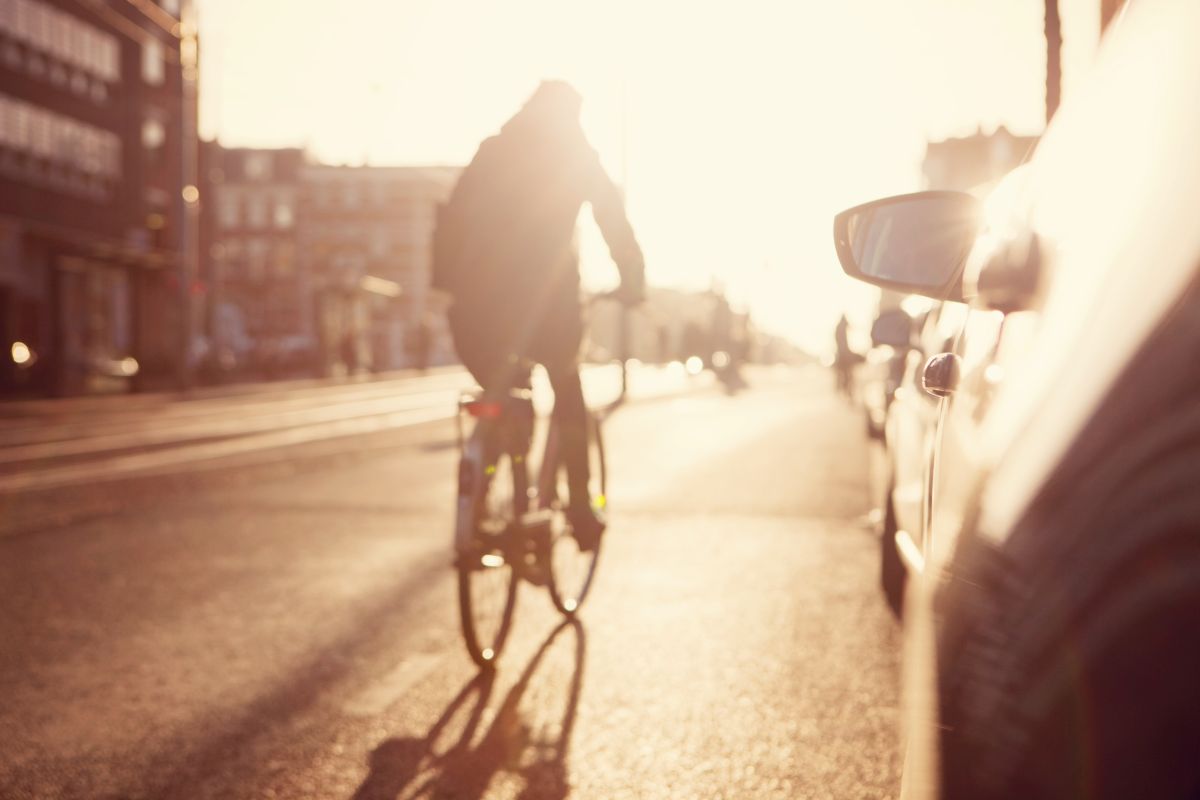Cyclists are better drivers according to science
Study concludes cyclist-drivers faster at detecting changes in road environments

As a cyclist, you need to process a lot of information very quickly riding in urban, rural and competitive settings. That experience pays off when operating a motor vehicle according to research conducted by two Australian universities. The study concluded that cyclist-drivers are faster at detecting changes to their surroundings than their non-cycling driver counterparts.
Whether it’s cars, pedestrians, signs, road obstacles or other road users a moment of distraction or inattention for a cyclist could prove to be very dangerous. Not only that but it’s helpful to be able to track unpredictable behaviour and position yourself accordingly to stay safe.
The study published in the journal of Accident Analysis & Prevention sought to look at the efficiency of processing visual information by drivers, a key component for safe driving. The researchers already knew that this ability varied between experienced and non-experienced drivers. For this study, the researchers expanded on this comparing drivers with and without cycling experience.
RELATED: How beer affects your cycling fitness
The researchers predicted cyclist-drivers would perform better than drivers without cycling experience. This had been documented in situation awareness field studies. Participants for the study comprised 42 experienced drivers, 17 female and 25 male, between the ages of 30 and 50 years-old.
Using a change detection flicker task, the participants were shown two alternating images and needed to determine whether they were identical or differed in a single detail. The changed aspect was either a road sign, car, pedestrian or bicycle. Road signs were the least detected change by all the participants. The researchers noticed the biggest difference between the two groups was in their speed at identifying changes, not in overall accuracy. Cyclist-drivers were siginficantly faster at identifying changes when they involved bicycle and signs.
The researchers concluded, “The results suggest that cycling experience is associated with more efficient attentional processing for road scenes.”
